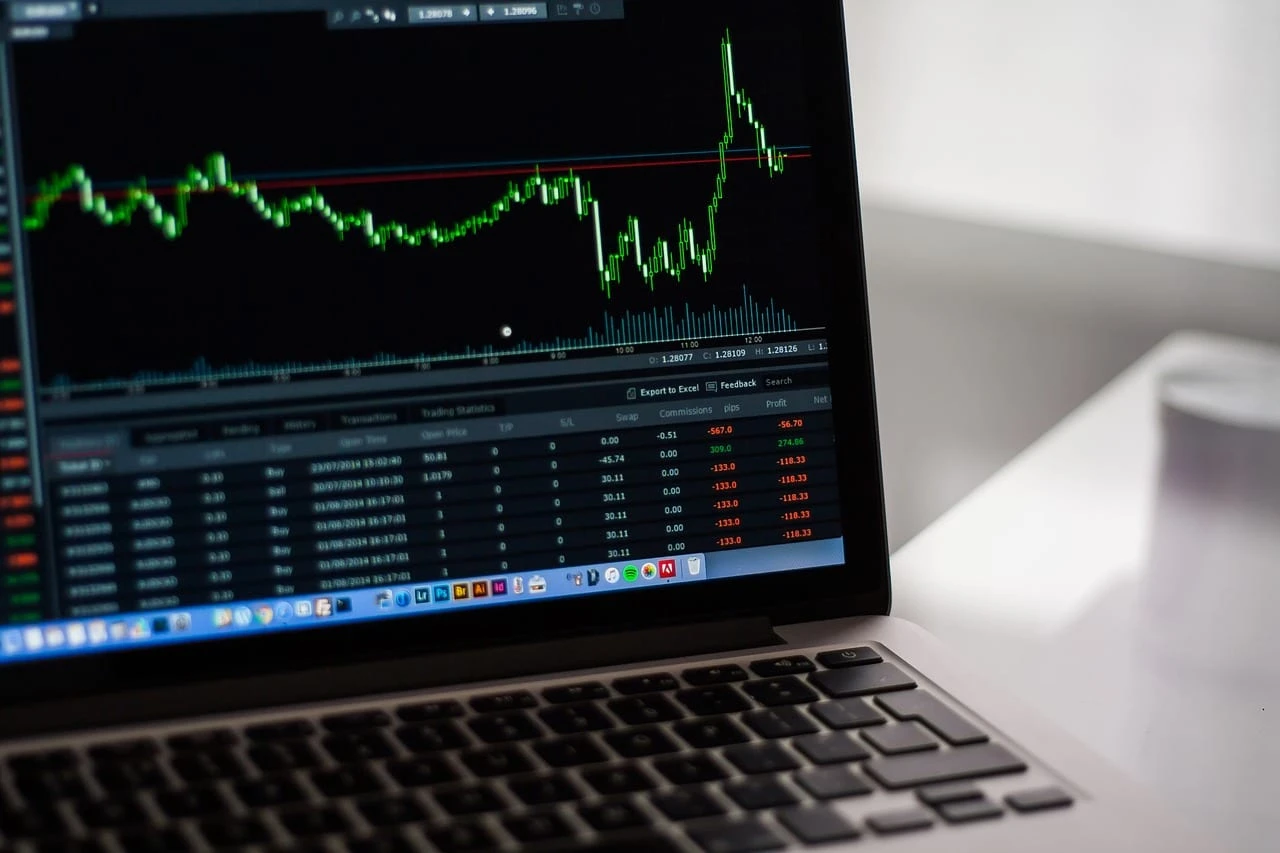DraftKings and Flutter stock falls on proposed Illinois tax hike

Illinois lawmakers discussed the increase during a 2025 budget meeting over the weekend. While plans are yet to be approved, the potential rise has already hit leading operators including DraftKings and Flutter.
The current proposal on the table is for a graduated wagering tax structure to replace the existing 15% flat rate. This would set rates at between 20% and 40%, depending on each operator’s adjusted gaming revenue (AGR).
Licensed operators with generated AGR of $30m (£23.5m/€27.6m) a year would pay tax at 20%. However, if an operator reports more than $200m, they would face a 40% rate – some 167% more than at present. This would be the second-highest tax rate in the US behind New York at 51%.
Other boundaries include a 25% rate for AGR between $30m and $50m, 30% for AGR ranging from $50m to $100m and 35% for AGR between $100m and $200m.
For major operators such as DraftKings and FanDuel, they would qualify for the top level of tax in Illinois. While the plans are yet to be approved, the mooted increase hit the operators during trading on Tuesday, with the markets having been closed on Monday for Memorial Day in the US.
Stock down at DraftKings and Flutter at close
Upon the market opening yesterday, the impact of the proposals was immediately clear to see at DraftKings and Flutter, both of which have a heavy presence in Illinois.
Starting with Flutter, having closed at $204.11 before the weekend, within half an hour of trading yesterday its stock was down to $196.64 – a drop of 3.7%.
Flutter stock continued on a downwards trend through the day before closing at $188.33 in the US. This is 7.7% lower than the final price on Friday evening before the long weekend.
As for long-time rival DraftKings, the trading pattern for Tuesday reads similar. DraftKings ended last week with shares at $40.75, but this fell 12.0% to $35.88 within an hour of the market opening on Tuesday.
DraftKings did see some level of recovery throughout the rest of the day. However, its closing price of $36.61 is still 10.2% lower than on Friday afternoon.
What are the analysts saying about Illinois?
Responding to market movement and the proposed tax rise, Truist analysts say it is unclear how operators will respond. However, the analysts did set just how the higher rate could hit current Illinois licensees.
Based on FY23 figures, both FanDuel and DraftKings fall into the 40% tax category. FanDuel, with an AGR of $480m, would have paid an additional $102m in tax, while DraftKings, with $312m in AGR, would be due to pay an additional $78m.
As for other operators in the state, the tax hike would be less impactful but still noticeable. Rush Street Interactive would see a 30% rate, meaning a further $12m due in the $82m AGR posted in FY23. BetMGM ($43m AGR), Penn Entertainment ($38m AGR) and Caesars ($33m AGR) would all place in the 20% tax bracket.
While analysts say this could potentially open the door for smaller operators to gain ground on DraftKings and FanDuel, it may lead to wider concerns – especially if other states follow suit and also raise tax.
Lawmakers in multiple states have considered wagering tax increases over the last year. But, so far, only Ohio lawmakers have taken action. Massachusetts lawmakers last week shot down proposals to increase the tax rate from 20% to 51%.
“The graduated tax scheme could present an opportunity for smaller players to gain some market share at the expense of the two large players while still maintaining lower relative tax rates,” Truist analysts said.
“That said, part of DraftKings’ and FanDuel’s dominance relates to their tech offerings and not just promos/odds. Then there are the wider risks of course of more states increasing taxes, which may or may not be progressive.
Could tax rise fuel illegal gambling?
Another point that may cause concern, however, is it could lead to licensees reducing offers in Illinois, which in turn could lead to more players using illegal sites that offer such promotions but do not hold a licence and, as such, are not subject to tax laws.
Analysts referenced a recent statement from the Sports Betting Alliance, a coalition of major operators including FanDuel, DraftKings and BetMGM, which hit out at the proposed hike and how it could force players to illegal operators.
“One aspect of the Alliance response we’d echo is that we think states are underestimating the prevalence of the illegal markets, which on-shore operators compete with fiercely,” Truist analysts said.
“We conducted a recent survey of online sports betting players, which showed 31% of respondents bet offshore, although 71% of VIPs do. That stat is in-line with prior data we’ve featured from Juice Reel that shows off-shore books see 18% of the platform’s total tracked bets, although 46%/50% of online sports betting handle/revenues.”
